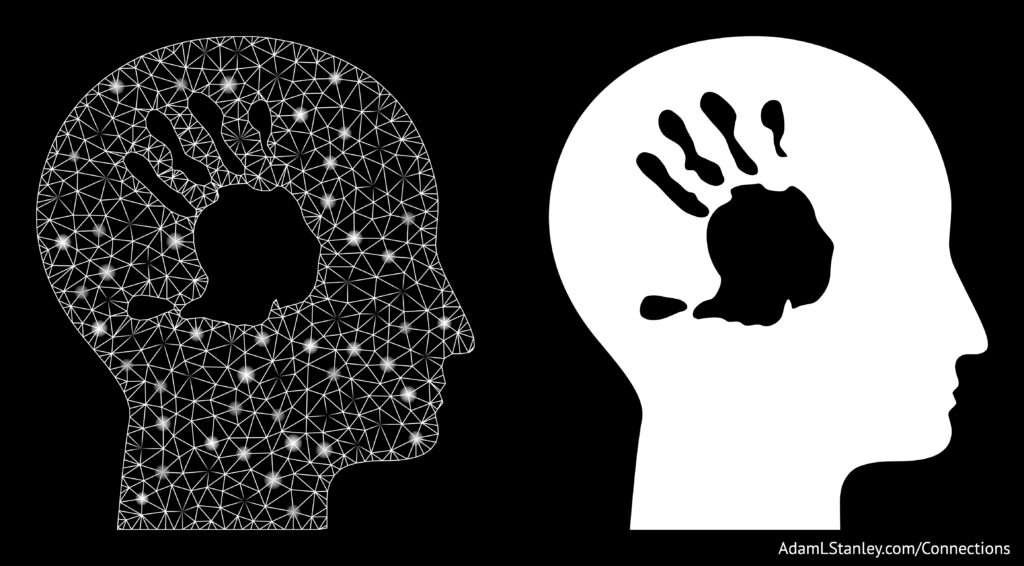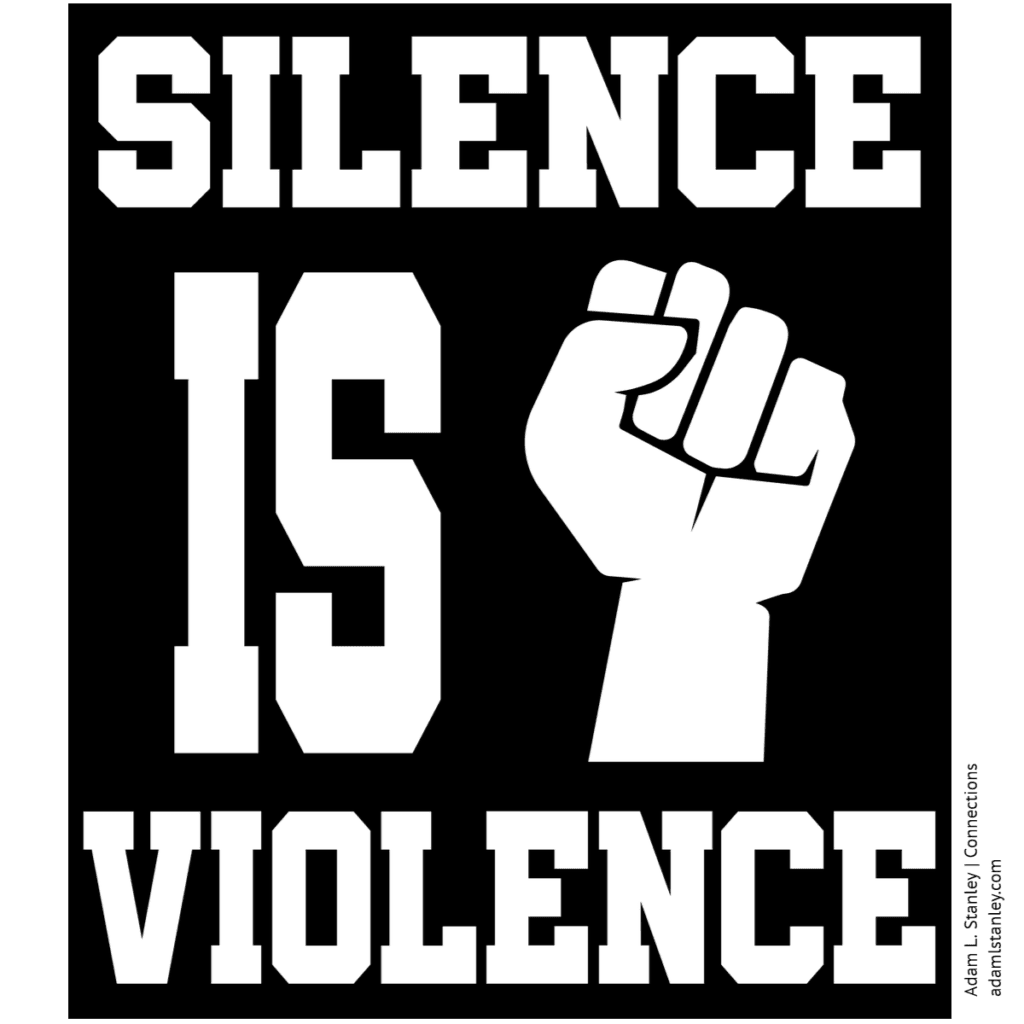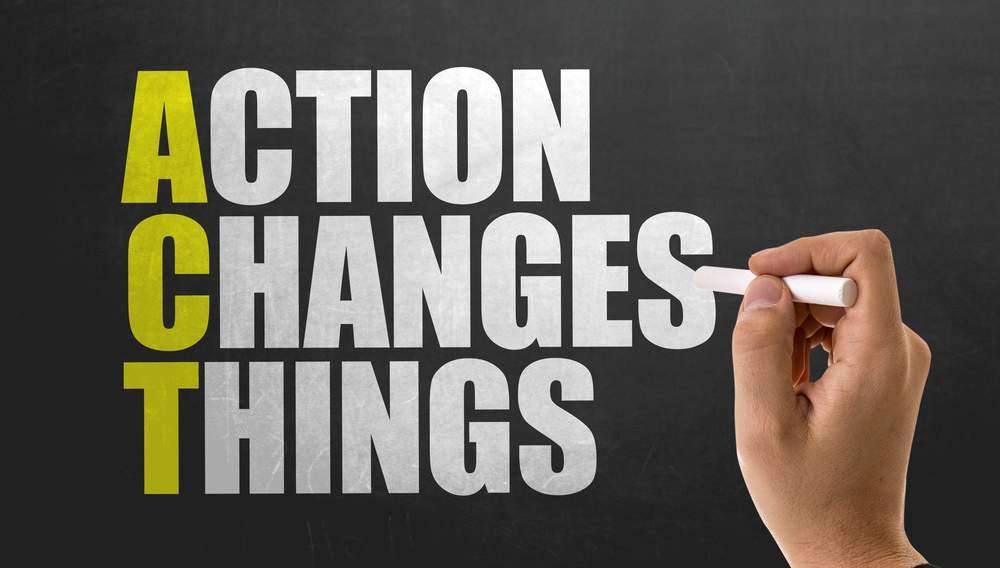Tell Me to My Face

If you are already part of a group that does not feel engaged socially or connected politically within a company, your opportunity to thrive may very well be diminished. If on top of that you have a bad manager, your chances of success are even lower. Leaders must fix this problem.
Counting your blessings … even this year

If you really think about it, there was probably another time in your life when you were feeling that you were in the midst of the worst year ever. Somehow you made it through that year as you have this one. And that is the ultimate blessing.
What do people see in you?

The culture of an organization will develop whether it is guided intentionally or not and once it has formed it becomes very difficult to change. What is driving the culture of your company? Did it extend to a largely remote work environment?
Do you LISTEN or are you simply waiting for a chance to TALK?

Don’t be “that guy” Are you listening or waiting to voice your own opinions? A recent exchange with someone I respect for many reasons, but struggle to understand for many others, reminded me of how important this topic is today. If we expect to communicate effectively we need to listen for comprehension before we can […]
Stop the violence. All the violence.

I support non-violent protests of police criminal negligence and racism. AND I support any and all efforts to end violence in our neighborhoods, including black on black crime. And many many many people do. Being the change you wish to see does not require you to choose only one cause!
Three Simple Asks

…. for my white colleagues and friends Several of my white colleagues that know me well, along with some friends, have asked me for a short list (ha!) of things I feel they should know if they do not take anything else out of the conversations about race in corporate America that have begun in […]
Leadership Through Action

We are the start of the needed change in the world. The more we talk openly and honestly to each other the better off we will be and the more we will contribute to the greater solution. So this is my ask to you.